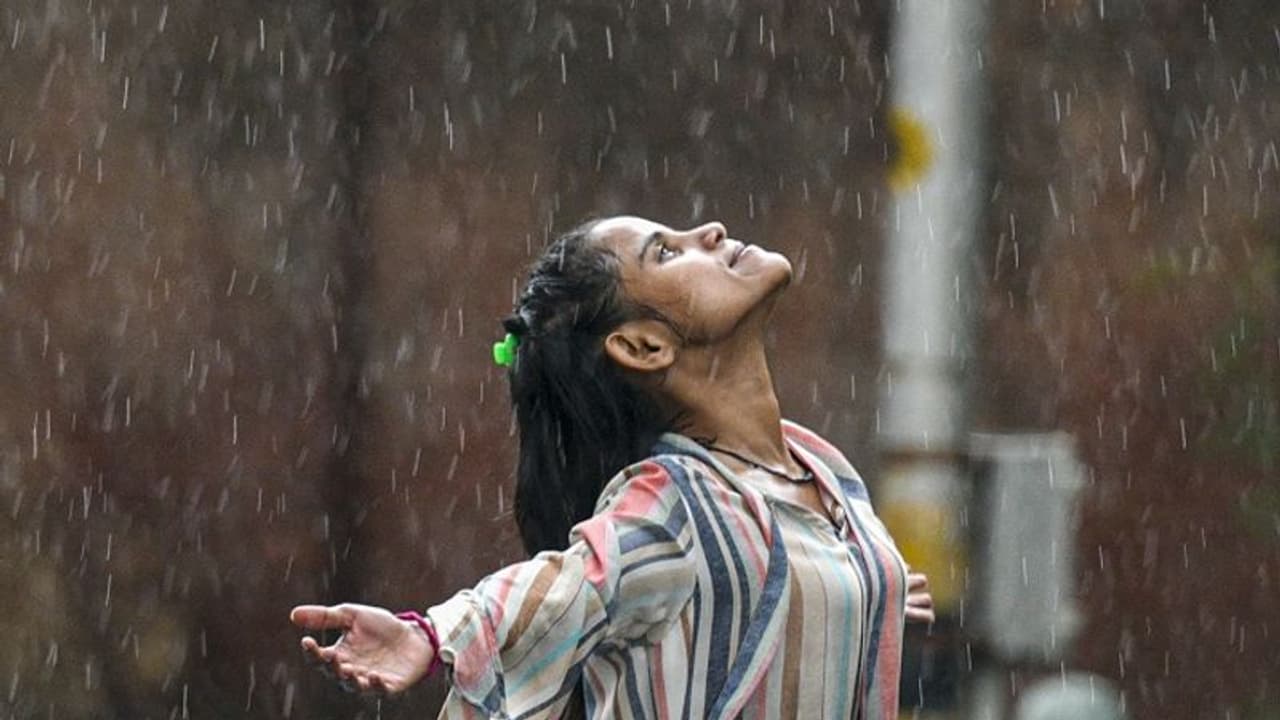Infection risks are higher during the monsoons than during the other seasons due to humidity, filth, and stagnant water being means for the transmission of numerous viruses and bacteria.

Due to humidity, dirt, and stagnant water being means for spreading several viruses and bacteria, infection risks are higher during its monsoons compared with the other seasons.
The rainy season increases the risk of infections and fevers, and our immune systems need to be strengthened to combat these diseases.We spoke to Dr J.Satyanarayana Rao, Senior General Physician, Kamineni Hospital, LB Nagar, Hyderabad, who gave us some advice to follow during monsoon season.
Also Read: Pictures: Sara Ali Khan looks HOT on the cover of a leading magazine!
Gastroenteritis
Due to excessive rain and flooding drinking water gets contaminated with bacteria and viruses. It leads to food poisoning. It presents as diarrhoea i.e. repeated bouts of loose motions, sometimes blood-tinged stools, vomiting, abdomen cramps and fever. If left untreated severe dehydration may develop that demands hospitalisation. Intravenous fluids and antibiotics are administered. Children and infants are more susceptible to dehydration. It can be prevented by taking clean drinking water.
Chest infections
Respiratory tract infections due to viruses and bacteria appear more often. People have cough, fever, running nose, headache and malaise. Sometimes pneumonia may be seen that requires hospitalisation and patients receive and antibiotics for treatment. People may use masks and avoid crowded places as preventive steps.
Malaria
It causes excessive breeding of mosquitoes like anopheles and culex which transmit malaria and filaria. Malaria may display a spike during monsoon because there is pooling of rain water in streets and fields. poor sanitation and civil planning may be contributing.
Also Read: Where is Katrina Kaif? Is Katrina pregnant? Here's what we know
Malaria presents as the hectic rise in body temperature, body pains and shivering. It may lead to complicated malaria wherein patient presents with severe jaundice, liver failure, severe diarrhoea and shock. Cerebral malaria, where patient has fever, convulsions and loss of consciousness, is a complication of malaria.
Severe anaemia and acute kidney injury are also the complications of malaria. Patients suffering from complicated malaria requires hospitalisation and treatment with anti-malarial drugs and antibiotics. Haemodialysis is instituted for renal failure, Proper sanitation and drainage prevent spooling of water, ddt and other antilarval measures are effective methods that stop mosquito breeding. Mosquito nets and anti-mosquito body creams are helpful.
Dengue fever
Dengue fever is highest during monsoon rains when the pooling of rainwater around households, especially in flower pots, abandoned tyres or empty cans, is frequent. These are breeding ground for Aedes mosquito, which transmit dengue.
Also Read: Video: Here's how Malaika Arora reduces her emotional stress
Dengue fever presents a steep rise in body temperature and body pain. Body rash may be a presenting sign. Due to plasma leak patient may present with severe pain in the abdomen, severe jaundice and shock. Early detection and treatment with fluid correction go a long way in saving lives. Preventive steps against mosquito breeding are essential.
Early detection and some basic prevention and hygiene measures will ensure that you remain safely protected throughout the monsoon. You must protect yourself against skin diseases to be able to enjoy the monsoon with loved ones.
